Finest Horsetail For Sale
Equisetum Arvense wholesaler, supplier and exporter.
ACPFOOD is where you can buy Horsetail. Since we purchase high quality products directly from farmers, we provide and sell bulk Equisetum Arvense with best quality to wholesalers, retailers and manufacturers and you can buy it from us with the best price.
To order this product, please contact us.
About Equisetum arvense
Equisetum arvense is a perennial, flowerless and fruitless plant that reaches sixty centimeters in height. This plant has only one stem. A relatively thick and hollow stem that is articulated at regular intervals. Twelve deep longitudinal grooves are usually seen on the outer surface of this stem. The leaves are elongated, narrow and articulated, and they grow in the area of the stem articulated in a consistent manner and at certain intervals. These leaves are directly attached to the stem. The seeds grow in the form of spikes on the highest part of the stem. The underground stem is woody, strong, articulated and very long.
Temperament: Second degree of cold and dry.
Health Benefits
Horsetail cures bleeding, bloody mucus, chronic cough, chest diseases, hot shortness of breath, hot liver ascites, hot liver edema, hot diarrhea, intestinal ulcers, and bladder injuries.
Drinking its decoction every day and its enema will cause the hernia to heal and repair the wound of intestine. Equisetum arvense poultice helps to treat deep wounds, nerve cuts, anus swelling and hot edema.
Dose: 2.5 g
Harms: It produces black bile
Modifiers: Sugar and sweet almond oil

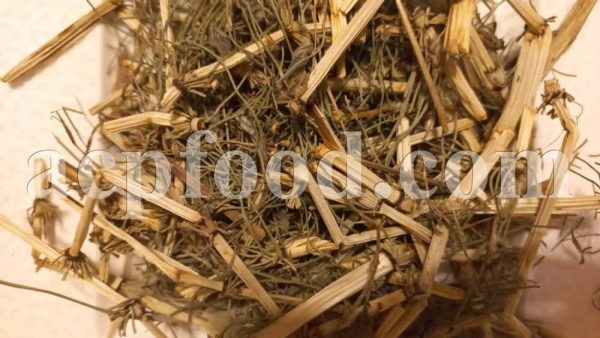
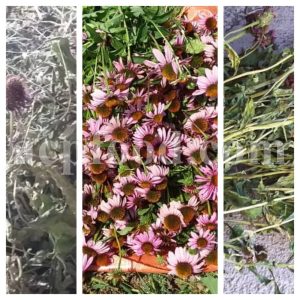
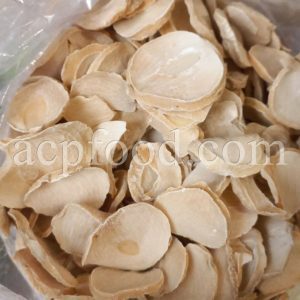
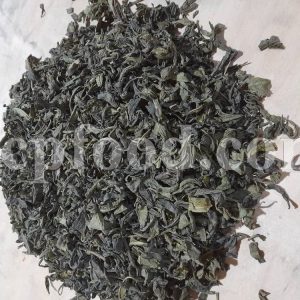
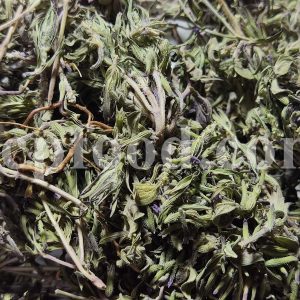
Reviews
There are no reviews yet.